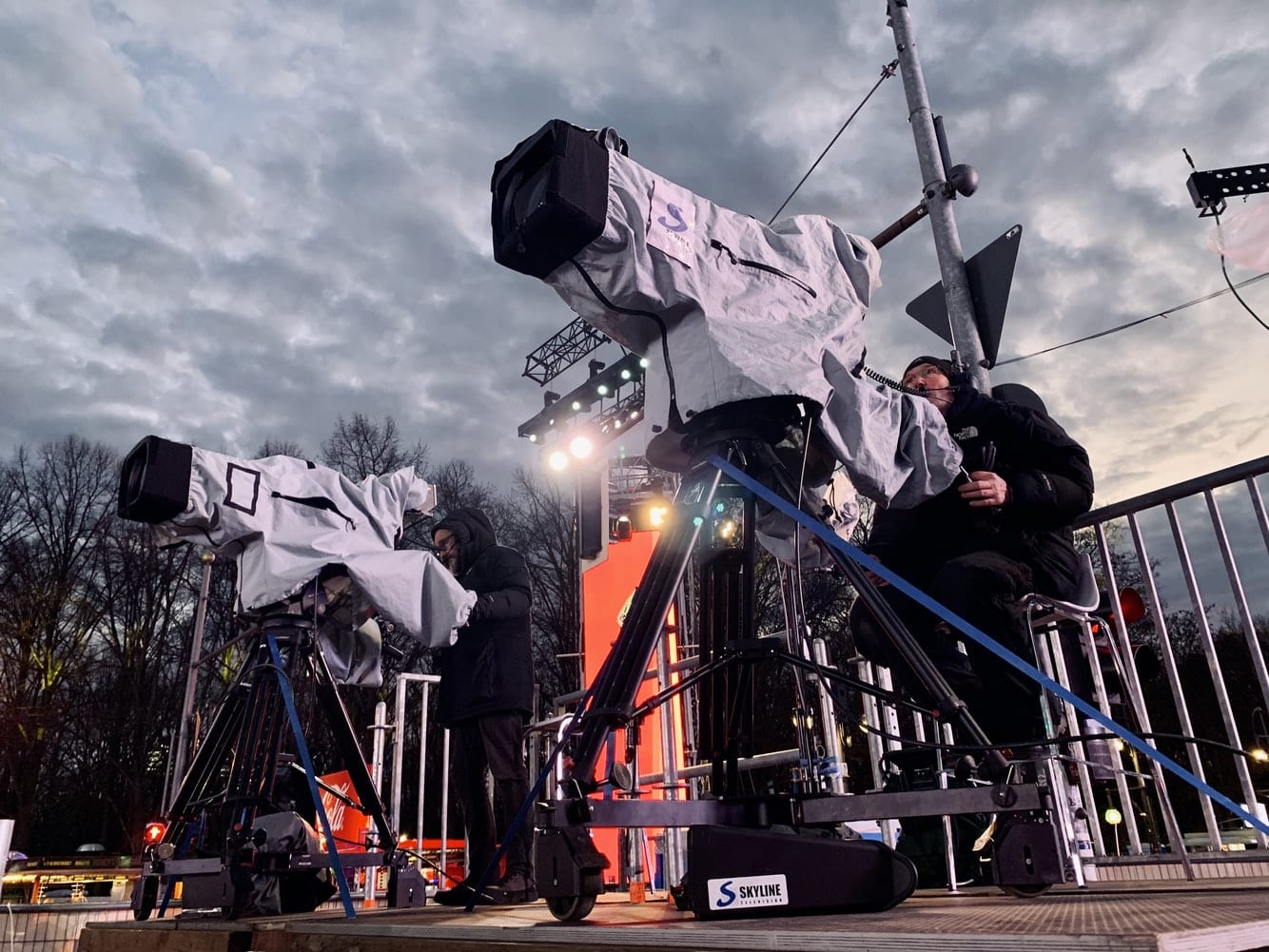Comprehending Just How Events Production Functions: A Comprehensive Overview of the Process
The complexities of event production demand a methodical technique that incorporates several phases, each playing a critical role in the overall success of an event. Understanding the nuances of budgeting, resource allocation, and on-site management is important for any professional in this field.
First Preparation and Principle Growth
Reliable first preparation and idea growth function as the structure for effective events production. This stage entails specifying the occasion's function, target audience, and preferred results. A clear vision is vital; it overviews all succeeding choices and assists line up the group's efforts toward a common objective.
Throughout this phase, brainstorming sessions can be indispensable. Engaging stakeholders, including clients, sponsors, and potential guests, promotes a collective setting that produces ingenious concepts. Additionally, detailed marketing research ought to be conducted to recognize patterns, preferences, and possible difficulties.
Once the principle is established, it is crucial to produce an in-depth event synopsis. This summary ought to consist of the event's motif, format, and vital activities. Developing a timeline is equally important, as it assists to manage due dates and jobs efficiently.
Budgeting and Source Allotment
With a strong concept in area, attention has to turn to budgeting and source allocation, which are crucial parts in performing the occasion effectively. A distinct budget functions as a roadmap, detailing all expected prices and available sources. It begins with determining fixed and variable expenses, consisting of venue leasing, catering, modern technology, staffing, and advertising. Each group ought to be diligently calculated to avoid overspending and to guarantee that funds are designated suitably.
Resource allotment includes designating both monetary and human resources to different jobs and parts of the occasion. Prioritization is crucial; crucial components need to obtain appropriate funding while less crucial aspects might call for a much more conventional method. Backup preparation is vital-- designating a portion of the spending plan for unanticipated costs can reduce monetary risks.
In enhancement, efficient communication amongst team members relating to budget plan restraints promotes collaboration and technology. This promotes the liable use of sources and motivates creative options to stay within budget plan. Ultimately, a calculated approach to budgeting and source allocation lays the foundation for a successful event, making it possible for coordinators to concentrate on delivering a remarkable experience for attendees while preserving economic integrity.
Logistics and Control
Navigating the complexities of logistics and control is vital for the smooth execution of any type of occasion. This phase includes thorough preparation and organization to make sure that all components operate in consistency. Crucial element include place option, transportation plans, and the organizing of various activities.
This consists of recognizing the format, accessibility factors, and offered resources. Collaborating these aspects requires collaboration with vendors, suppliers, and transport services to ensure prompt shipments and pickups.
Another vital element is the development of a comprehensive timeline that outlines all logistical components leading up to the occasion. This timeline serves as a roadmap, detailing key landmarks and target dates for jobs such as equipment setup, providing services, and audiovisual installations. Normal interaction with all stakeholders is important to deal with any possible problems proactively.
Execution and On-Site Monitoring
Successful execution and on-site monitoring are important for transforming thorough strategies into reality throughout an event. This stage includes the seamless coordination of numerous aspects, making sure that every detail straightens with the well established vision. On-site supervisors play a critical duty, functioning as the central point of interaction among suppliers, personnel, and stakeholders. Their capacity to make real-time decisions can significantly affect the occasion's success.
A distinct timetable is vital, functioning as a roadmap for all activities. Event supervisors must make sure that setup occurs in a timely manner, sticking to timelines for sound checks, catering distributions, and visitor arrivals. Effective analytical abilities are also important; unanticipated challenges can occur, needing fast thinking and versatility to keep the event's flow.
In addition, attention to guest experience is vital. Keeping track of visitor interactions, guaranteeing security protocols are complied with, and offering assistance staff to deal with concerns cultivates a positive environment. This level of involvement not just boosts the general experience yet likewise shows the professionalism of the event group. Event Productions. Inevitably, successful execution and on-site administration rest on in-depth prep work, efficient communication, and a commitment to delivering a phenomenal occasion for all included.

Post-Event Examination and Feedback
The conclusion of any kind of event exists not only in its execution however additionally in the comprehensive examination that adheres to. Post-event evaluation is important for figuring out the total success of the occasion and recognizing locations for renovation. This process generally includes celebration responses from various stakeholders, including guests, suppliers, and employee, to gain why not find out more an extensive point of view on their experiences.
To structure the assessment, event organizers commonly make use of meetings and studies, concentrating on vital efficiency indications such as participant complete satisfaction, logistical effectiveness, and budget plan adherence. Evaluating this data enables coordinators to evaluate whether the event met its objectives and to understand the strengths and weak points of the implementation.
In addition, assembling a thorough record summing up the findings is crucial for future reference. This documentation not just works as a useful resource for planning subsequent occasions however likewise fosters a culture of continual enhancement within the organization. By systematically resolving responses and carrying out modifications, important source event specialists can improve their techniques, ultimately bring about even more successful and impactful occasions. Finally, post-event evaluation is an essential action in the event manufacturing process that ensures recurring growth and quality in future ventures.
Final Thought

The intricacies of event manufacturing demand a systematic method that incorporates multiple phases, each playing a vital role in the general success of an event.With a solid idea in area, attention should transform to budgeting and source allocation, which are important elements in implementing the event efficiently.Source see this page allotment includes designating both monetary and human sources to various jobs and elements of the event. Inevitably, a critical method to budgeting and source allocation lays the groundwork for a successful event, allowing organizers to concentrate on supplying a remarkable experience for attendees while maintaining financial integrity.

Comments on “Change Your Following Gathering with Professional Event Productions Approaches”